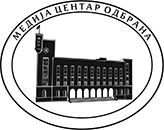25.04.2014
Conference on the First World War Closed
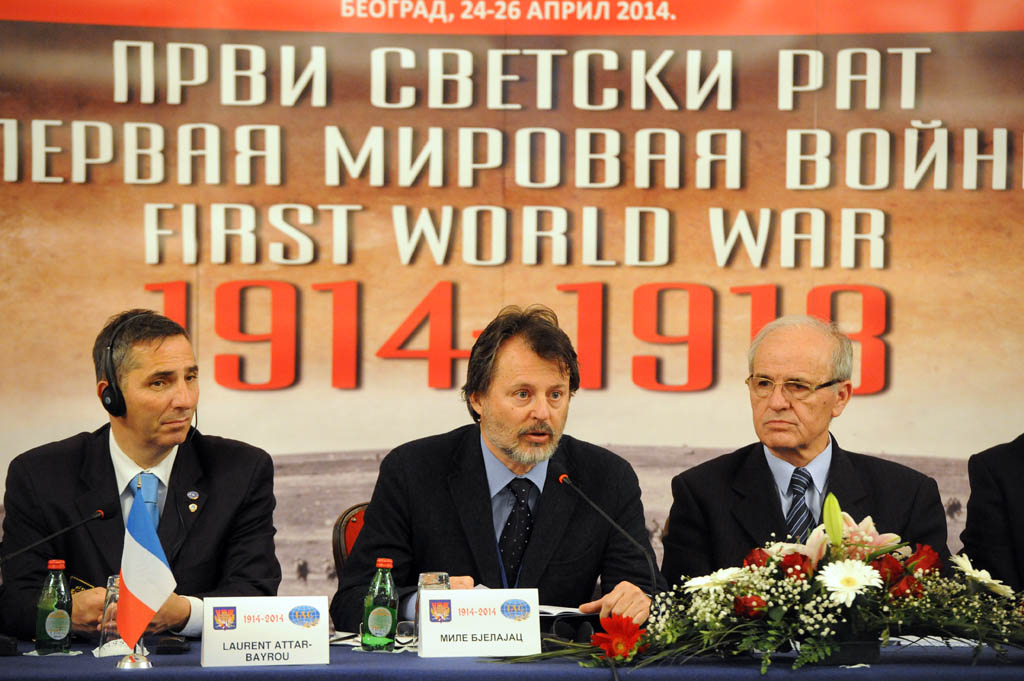 The International Conference entitled The First World War: Causes, Lessons, Consequences and Modernity, gathering more than fifty representatives of veterans' organizations from 20 countries and some twenty scientists and professors of historical sciences and historians from nine countries and the top experts in the First World War, was held in the Central Military Club, organized by the International Consultative Committee of the Organization officers in reserve and the Serbian Club of Generals and Admirals supported by the Ministry of Defence and the Serbian Armed Forces.
The International Conference entitled The First World War: Causes, Lessons, Consequences and Modernity, gathering more than fifty representatives of veterans' organizations from 20 countries and some twenty scientists and professors of historical sciences and historians from nine countries and the top experts in the First World War, was held in the Central Military Club, organized by the International Consultative Committee of the Organization officers in reserve and the Serbian Club of Generals and Admirals supported by the Ministry of Defence and the Serbian Armed Forces.In the plenary part of the Conference, historians from Serbia, Republic of Srpska, Montenegro, Macedonia, Russian Federation, Bulgaria, Hungary, Slovakia, Turkey and Austria presented their views of the events from the time before and during the First World War.
Although most of the speeches were devoted to current unscientific revisionist attempts of redrawing the history and denial of guilt of Germany and Austria-Hungary for the world's biggest outbreak of conflict in the history of humanity so far, many historians, especially from the Russian Federation, devoted their exposés to reminders of the tragic consequences and enormous sacrifices produced by The Great War. The authors from the region have focused greater attention on the argument that there was no basis for the review and re-evaluation of scientific truth on the reason, causes and consequences of the First World War.
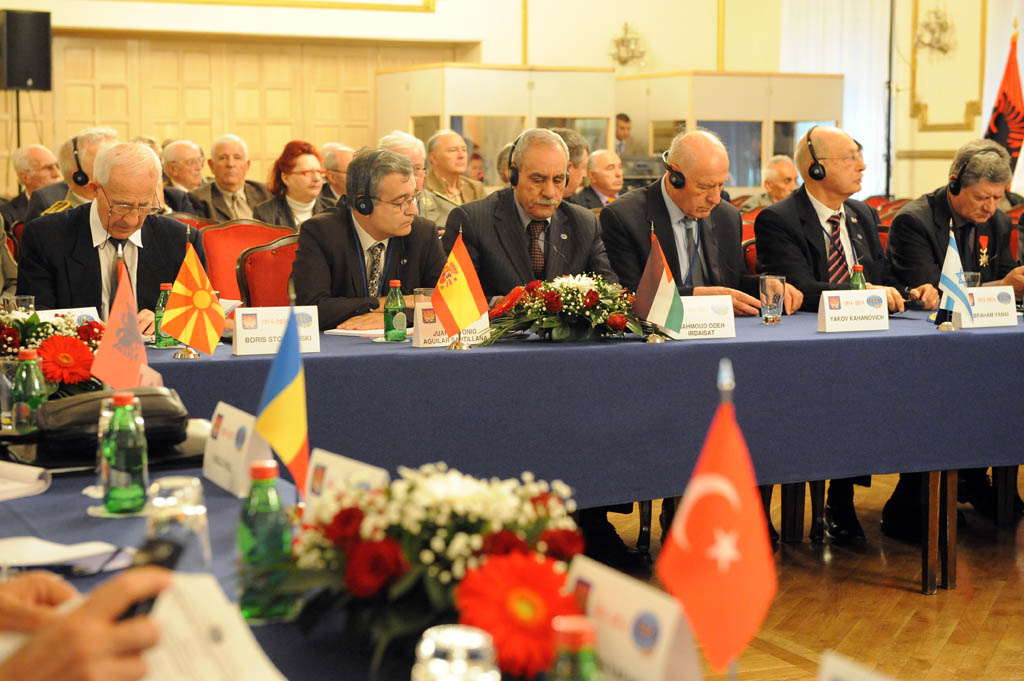 Explaining the position and the role of Serbia immediately before and during the outbreak of the First World War, the conference participants from Serbia , Montenegro and the Republic of Srpska, renowned historians, such as Mile Bjelajac, Senior Research Fellow at the Institute for Contemporary History of Serbia, Zoran Lakic, Academician of the Montenegrin Academy of Sciences and Arts, Dusan Batakovic, Director of the SASA Institute for Balkan Studies and Academician Ljubodrag Dinic, pointed out that there is no doubt that Serbia, though by then a regional power, after two years of bleeding in the Balkan wars, did not want the conflict with the powerful northern neighbour. One could rather say that Austria-Hungary asked for such a war, whose role of a European and global power was severely shaken. While the Serbian people in Serbia, at the beginning of the 20th century, enjoyed the benefits of an advanced democracy, part of the Serbian people in the Austro-Hungary lived in a serfdom colonial relationship only 600 kilometres away from Imperial Vienna. Such a situation could not be endured and the resistance of local Serbs was imminent, as regarded not only by Serbian historians.
Explaining the position and the role of Serbia immediately before and during the outbreak of the First World War, the conference participants from Serbia , Montenegro and the Republic of Srpska, renowned historians, such as Mile Bjelajac, Senior Research Fellow at the Institute for Contemporary History of Serbia, Zoran Lakic, Academician of the Montenegrin Academy of Sciences and Arts, Dusan Batakovic, Director of the SASA Institute for Balkan Studies and Academician Ljubodrag Dinic, pointed out that there is no doubt that Serbia, though by then a regional power, after two years of bleeding in the Balkan wars, did not want the conflict with the powerful northern neighbour. One could rather say that Austria-Hungary asked for such a war, whose role of a European and global power was severely shaken. While the Serbian people in Serbia, at the beginning of the 20th century, enjoyed the benefits of an advanced democracy, part of the Serbian people in the Austro-Hungary lived in a serfdom colonial relationship only 600 kilometres away from Imperial Vienna. Such a situation could not be endured and the resistance of local Serbs was imminent, as regarded not only by Serbian historians.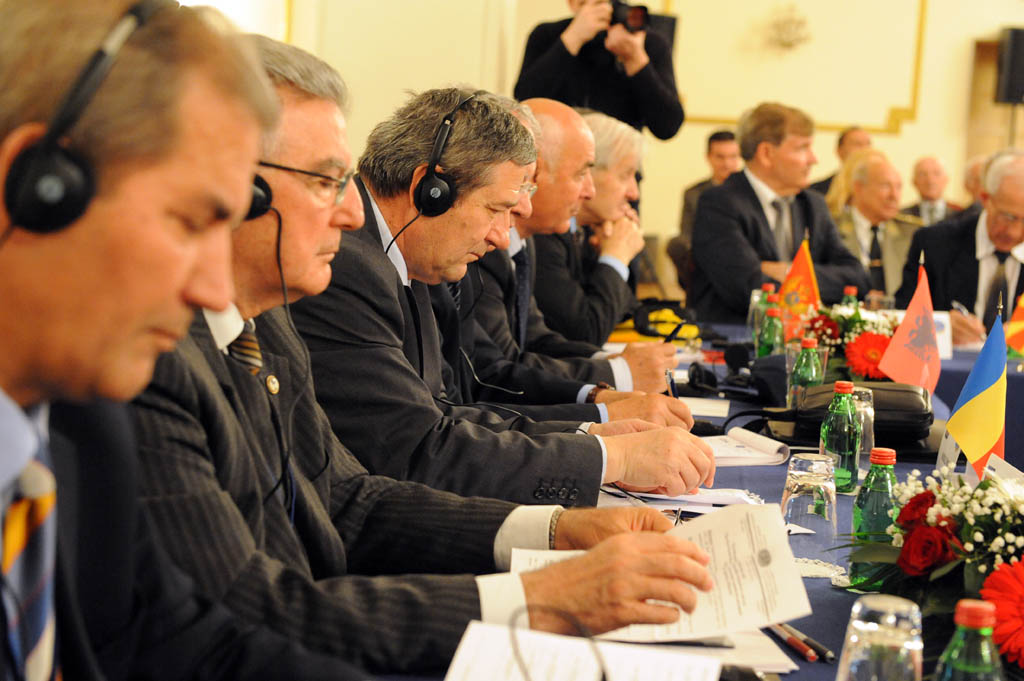 It was spoken about Serbia from the Balkan wars to the First World War, Bulgarian "inclination towards the Central Powers" from 1914 to 1915, the Serbian view of the First World War a hundred years later, the Hungarian soldiers of the Austro-Hungarian Empire in the Great War, Macedonia during the Great War and the reflections of the conflicts in the Balkans, Serbian memoires about the war events, on the destruction, the victims and refugees, on the Slovak society in the First World War, the scrupulous and unscrupulous attitude in fighting in the early 20th century ...
It was spoken about Serbia from the Balkan wars to the First World War, Bulgarian "inclination towards the Central Powers" from 1914 to 1915, the Serbian view of the First World War a hundred years later, the Hungarian soldiers of the Austro-Hungarian Empire in the Great War, Macedonia during the Great War and the reflections of the conflicts in the Balkans, Serbian memoires about the war events, on the destruction, the victims and refugees, on the Slovak society in the First World War, the scrupulous and unscrupulous attitude in fighting in the early 20th century ...Participants in the conference were unanimous in their opinion that the First World War became general tragedy that claimed the lives of millions of people. The military operations mobilized more than 70 million men under arms, more than 10 million people were killed, 20 million soldiers and officers were wounded, and losses among civilians reached more than 11 million people. All this led to the tragic social and economic consequences and irrecoverable losses.
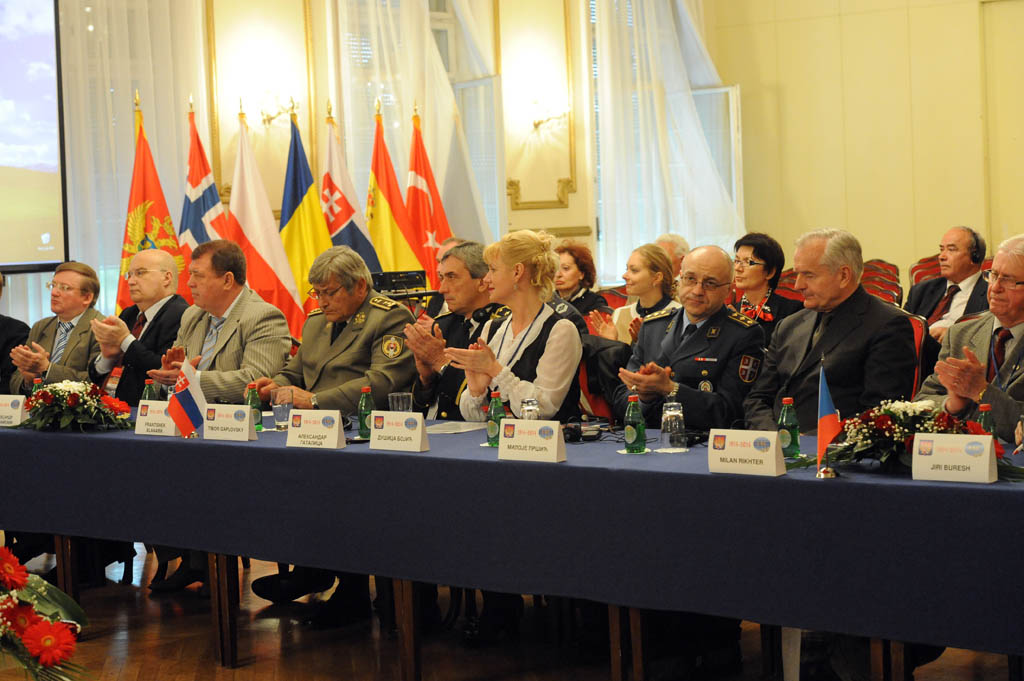 In their works, the conference participants presented the scientific analyses of the causes for the beginning and course of the war and concluded that the falsification of the facts of objective history on that world catastrophe is unacceptable, but above all, it is dangerous for the future. That is why, speaking to the world public, heads of states and governments, social, veteran and youth organizations, warned once again that the objective study of the analysis of the causes of the outbreak of war and its aftermath should draw the necessary lessons and do everything possible to avoid military conflicts which would be more horrible than the former ones, and thus become a real threat to the survival of modern civilization.
In their works, the conference participants presented the scientific analyses of the causes for the beginning and course of the war and concluded that the falsification of the facts of objective history on that world catastrophe is unacceptable, but above all, it is dangerous for the future. That is why, speaking to the world public, heads of states and governments, social, veteran and youth organizations, warned once again that the objective study of the analysis of the causes of the outbreak of war and its aftermath should draw the necessary lessons and do everything possible to avoid military conflicts which would be more horrible than the former ones, and thus become a real threat to the survival of modern civilization.